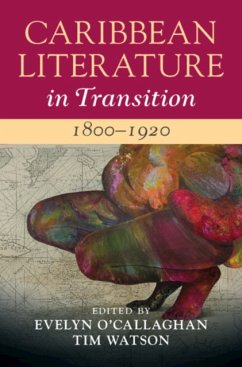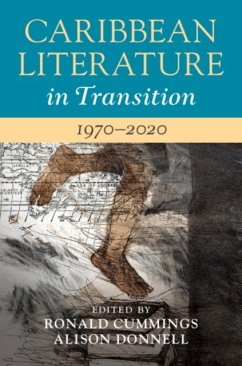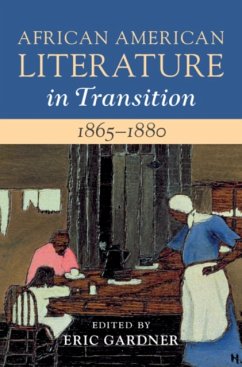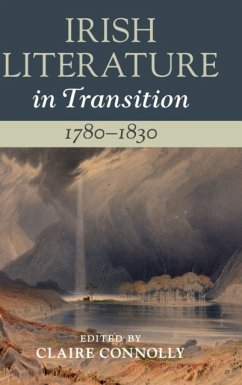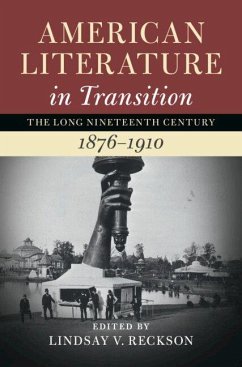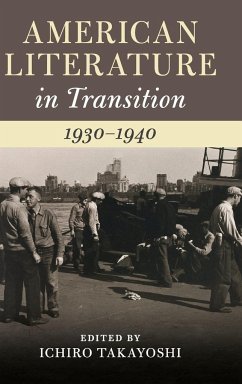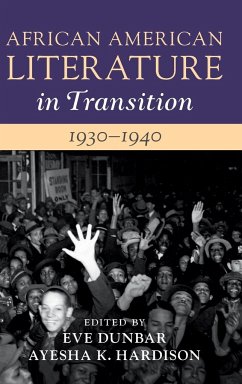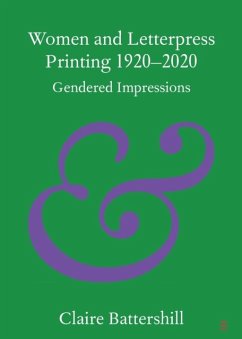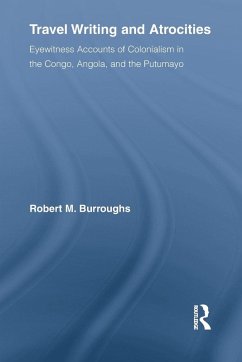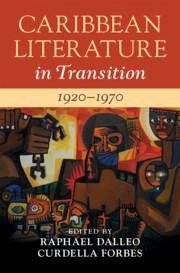
Caribbean Literature in Transition, 1920-1970: Volume 2
Versandkostenfrei!
Versandfertig in über 4 Wochen
128,99 €
inkl. MwSt.
Weitere Ausgaben:

PAYBACK Punkte
64 °P sammeln!
1920 to 1970 are key years for the development of Caribbean literature. This volume revisits important moments from that era to open up new perspectives. Collecting the major voices in the current debates around Caribbean literature, this volume explores its emergence, consolidation, and dissemination throughout the world.




